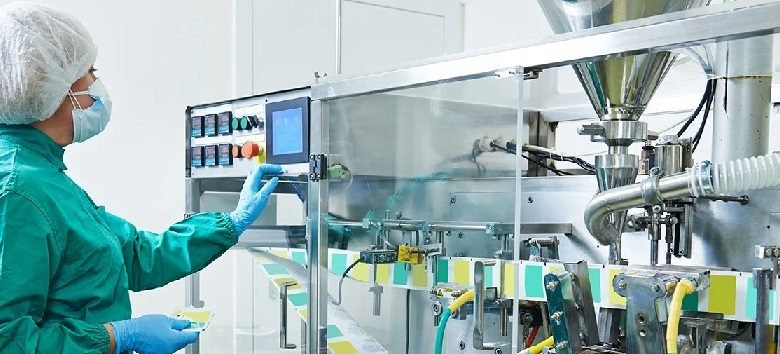Revolutionising Pharmaceuticals: The Power of Liquid Nitrogen

In pharmaceuticals, researchers constantly seek innovative ways to improve drug development, storage, and distribution. One groundbreaking technology that has emerged as a game-changer in the pharmaceutical industry is liquid nitrogen. This icy substance, which boils at a chilling -196 degrees Celsius (-321 degrees Fahrenheit), offers myriad benefits that revolutionise how pharmaceuticals are produced and preserved. Explore the power of the gas in pharmaceuticals, highlighting its impact on drug discovery, biobanking, cryopreservation, and more.
Accelerating Drug Discovery
It has become an indispensable tool in the process of drug discovery. In the early stages of pharmaceutical research, scientists often work with biological samples, such as cells and tissues, that are incredibly sensitive to temperature fluctuations. Researchers can rapidly freeze and store these samples by utilising the gas, preserving their integrity for later analysis. This enables scientists to conduct experiments over an extended period, increasing the chances of making groundbreaking discoveries. Additionally, the ultra-low temperatures of the liquid can halt the degradation of valuable compounds, allowing researchers to study them in their natural state.
Cryopreservation of Pharmaceuticals
One of the most significant advantages of this gas in pharmaceuticals is its role in cryopreservation. Cryopreservation is preserving biological materials at extremely low temperatures to maintain their viability over time. The extreme coldness of liquid nitrogen makes it the ideal medium for cryopreserving cells, tissues, and even entire organisms. This technique is particularly vital in regenerative medicine, where stem cells and other living materials are stored for potential future use in medical treatments. With this gas, pharmaceutical companies can securely bank these valuable resources without degradation for years, if not decades.
Vaccine Storage and Distribution
The COVID-19 pandemic highlighted the importance of maintaining the cold chain during vaccine distribution. Vaccines that use fragile mRNA technology, like the Pfizer-BioNTech and Moderna vaccines, need to be stored at ultra-low temperatures to remain effective. It plays a vital role in this process. Specialised containers filled with this gas can keep vaccines at the required temperature during transportation, ensuring they arrive at their destination without losing efficacy. This technology has been pivotal in the worldwide distribution of COVID-19 vaccines, demonstrating its significance in public health.
Safe and Secure Biobanking
Biobanks are repositories of biological samples used for various research purposes, including the study of diseases, genetics, and drug development. The long-term preservation of these samples is paramount, as they represent an invaluable resource for scientific advancement. The stable and ultra-cold environment of this gas provides a secure biobanking solution. It prevents the growth of microorganisms, minimises chemical reactions, and maintains the integrity of genetic material. This ensures that researchers have access to high-quality samples for their experiments, contributing to the progress of pharmaceutical science.
Advancing Drug Formulation
It also plays a role in the formulation of pharmaceuticals themselves. In manufacturing, certain compounds and active ingredients may be unstable at room temperature or even slightly above freezing. It can rapidly cool and freeze these substances, preserving their chemical properties. This enables pharmaceutical companies to produce drugs with improved stability and shelf life. Moreover, it allows for the development of novel drug delivery systems that can release medications at precise rates, enhancing the efficacy and safety of treatments.
Conclusion
Liquid nitrogen has emerged as a pharmaceutical powerhouse, offering many benefits that revolutionise drug discovery, biobanking, cryopreservation, and drug formulation. Its ability to maintain ultra-low temperatures, securely store biological materials, and facilitate the distribution of temperature-sensitive vaccines has made it an invaluable tool in the pharmaceutical industry. As researchers continue to explore the boundaries of scientific knowledge and develop innovative therapies, the gas will surely remain a driving force in the advancement of pharmaceutical science. Its cold, dependable embrace has opened doors to new possibilities and promises a healthier future.



